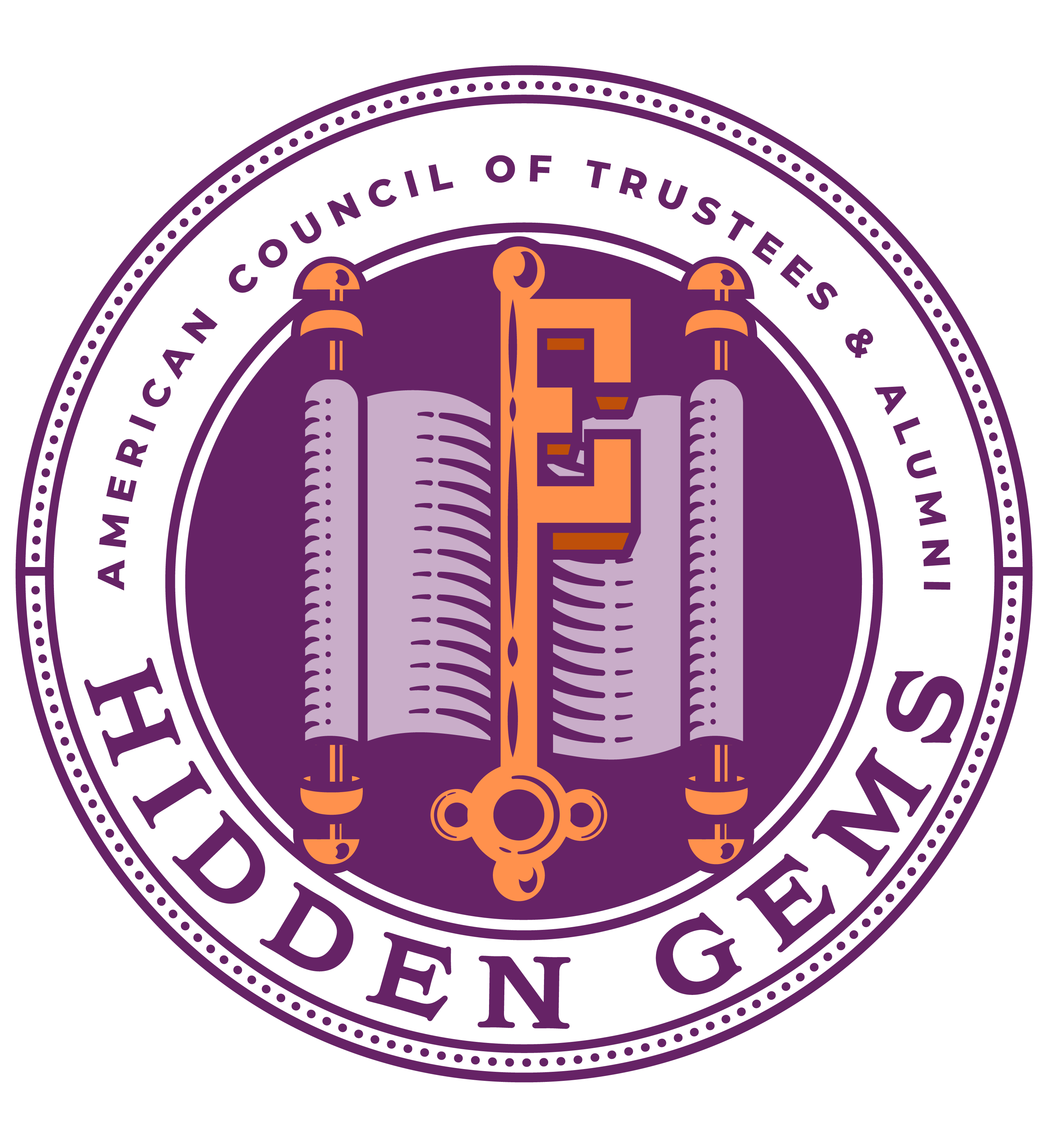Public
Why This Rating?How Colleges Spend Money
Visit www.HowCollegesSpendMoney.com to learn more about spending in higher education, including instructional costs, student services costs, and more.
Hidden Gems
University of North Carolina - Chapel Hill has an ACTA Hidden Gem on campus. ACTA’s Hidden Gems initiative highlights exceptional programs at colleges and universities that offer high-quality and coherent interdisciplinary education across the liberal arts. Hidden Gems range from major and minor degree programs to honors and certificate programs. Learn more about Hidden Gems here.The University of North Carolina at Chapel Hill’s Philosophy, Politics, and Economics (PPE) minor program invites students to consider the relationships between social, political, and economic institutions, alongside questions of rights, liberties, and justice. Students engage with these questions in an academic community centered on rigorous interdisciplinary study, and rooted in the work of John Locke, David Hume, Adam Smith, among others.
FIRE Speech Rating
University of North Carolina - Chapel Hill earns a Green speech code rating from the Foundation for Individual Rights and Expression (FIRE).University of North Carolina - Chapel Hill has been given the speech code rating Green. Green light institutions are those colleges and universities whose policies nominally protect free speech.
FIRE evaluates colleges and universities' "speech codes," or written free speech policies, for how well they protect students' freedom of speech. ACTA believes an institution's commitment to free expression correlates with its commitment to academic excellence, facilitated through the free exchange of ideas.
Oases of Excellence
University of North Carolina - Chapel Hill has an ACTA Oasis of Excellence on campus. ACTA’s Oases of Excellence initiative highlights academic centers that prepare students for informed citizenship in a free society by maintaining the highest academic standards, introducing students to the best of the foundational arts and sciences, teaching American heritage, and ensuring free inquiry into a range of intellectual viewpoints. Learn more about Oases of Excellence here.Program for Public Discourse
Chicago Principles
Colleges and universities that have adopted the Chicago Principles on Freedom of Expression (or substantially similar statements) are committed "to the preservation and celebration of the freedom of expression as an essential element of the University’s culture.” An open marketplace of ideas on campus fosters intellectual development and prepares graduates for the discussion and debate that informs and sustains a free society. Colleges and universities that have adopted the Chicago Principles on Freedom of Expression (or substantially similar statements) are committed "to the preservation and celebration of the freedom of expression as an essential element of the University’s culture.” An open marketplace of ideas on campus fosters intellectual development and prepares graduates for the discussion and debate that informs and sustains a free society."Our mission is to serve as a center for research, scholarship, and creativity and to teach a diverse community of undergraduate, graduate, and professional students to become the next generation of leaders. Through the efforts of our exceptional faculty and staff, and with generous support from North Carolina’s citizens, we invest our knowledge and resources to enhance access to learning and to foster the success and prosperity of each rising generation. We also extend knowledge-based services and other resources of the University to the citizens of North Carolina and their institutions to enhance the quality of life for all people in the State." [Source]
- Duke University
- Johns Hopkins University
- Northwestern University
- University of California - Berkeley
- University of California - Los Angeles
- University of Maryland - College Park
- University of Michigan - Ann Arbor
- University of Minnesota - Twin Cities
- University of Pennsylvania
- University of Pittsburgh - Pittsburgh
- University of Southern California
- University of Texas - Austin
- University of Virginia - Charlottesville
- University of Washington - Seattle
- University of Wisconsin - Madison
2021-22 enrollment and tuition data, and four-year graduation rates for first-time, full-time freshmen who enrolled in Fall 2012, are derived from the National Center for Education Statistics’ College Navigator.

